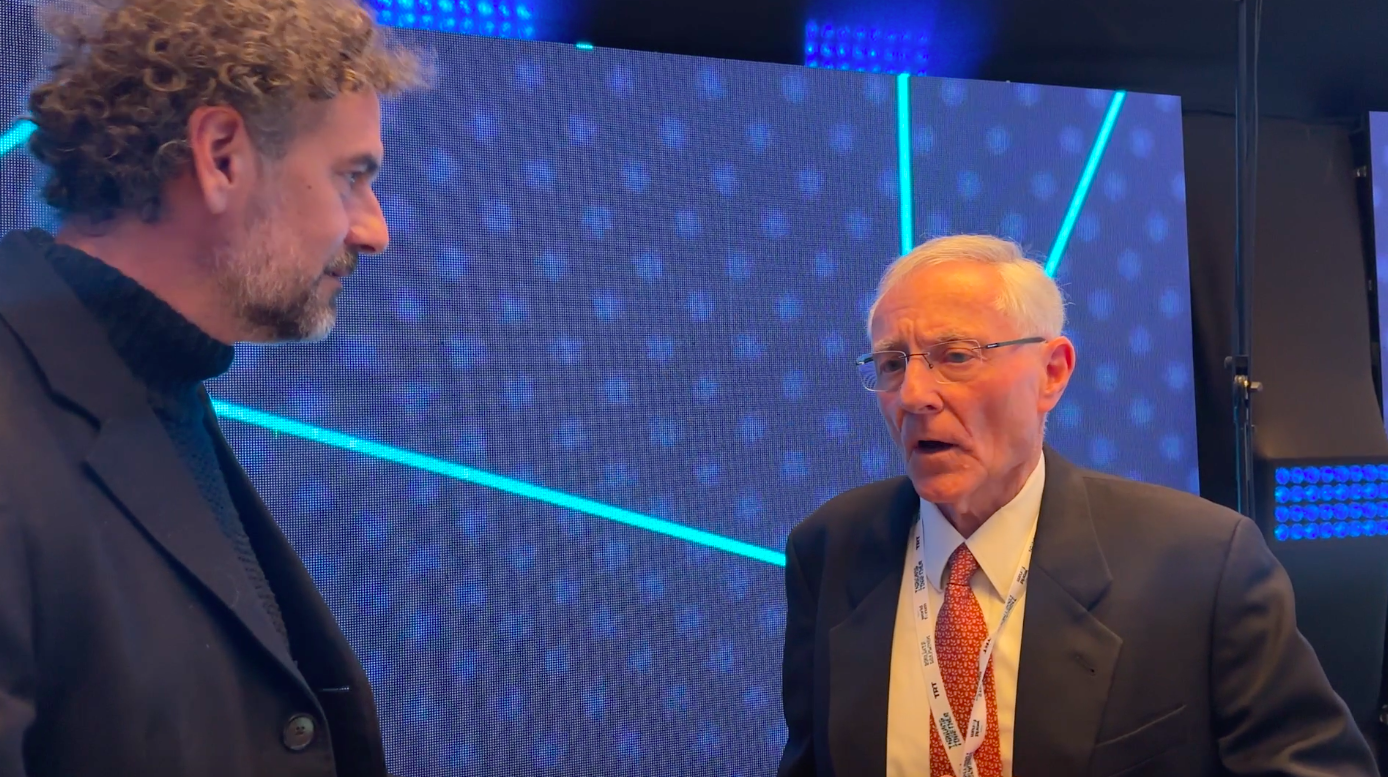Having been debated already for a long time, the reform of the United Nations and specifically its Security Council has gotten on the agenda within the Gaza Conflict, as the United States used its veto power and – at least politically – paralyzed the institution.
We had the chance to interview Hans von Sponeck. Von Sponeck worked for 30 years in the UN, has become Assistant Secretary General for Humanitarian Assistance, leading the Oil-for-Food-Program in Iraq. He resigned in the year 2000 from his post in protest of the sanctions’ policy against this country.
Since then, he has been teaching in different institutions and researching on the reform of the global governance. In 2005, he has taken part as an expert in the World Tribunal on Iraq.
What do you think about the UN Security Council decision, or the veto against the humanitarian pause?
Well, the immediate reaction is that it is a perfect example to justify the urgency of the need for a reformed United Nations. We cannot have one member that disagrees, and then, particularly important for a humanitarian perspective, a decision is not possible. So reforms are the order of the day. We must reform the UN so that a 13-1 descending vote is no longer possible in order to make the UN as effective as the founders of the UN in 1945 wanted it to be.
And you said that the UN Security Council especially is too Western-centered.
It’s totally Western-centric. Three out of five members, permanent members, are from the West. That was 1945 maybe justified. It was never really justified. By 1945, one could argue, all right, let’s give it a chance. But not 78 years later.
Is the UN Security Council in a way behind the true condition of the world? Has the world, the world society, especially the global south, surpassed the UN Security Council? Is it in its shape a relic of the past?
In a way, the UN is a colony. It’s a colony dominated by a huge imperialistic entity called the United States. There is no question about it.
Which crisis that was started was not solvable. They were all solvable unless, unless, you wanted one country to retain the leadership. And this exceptionalism, this unilateralism that we have, has done a lot of damage in our planet and that needs to end.
And that’s why we have to have reforms, and this is why it is super important that there is a decision that next year the UN General Assembly will have that summit on the future of the UN.
I can tell you in addition that for five years, five long years, Professor Richard Falk of Princeton University and I have worked hard, very hard to come up with a document that outlines what kind of reform is needed. That book will be published by Stanford University and will come out in April, in other words, in good time for the summit in September.
I hope it will contribute. This is not an ideological document, it’s a document of two old people, he’s 94, I’m 85, to think about issues, to come up with constructive, doable opportunities for change.
I’m not surprised what we heard in this by two older politicians. That they are frustrated, I understand. I, as an insider, and now an outsider, am convinced that with the support and the synergy between civil society and governments we can come up with a UN that is able to replace impunity with accountability.
My last question, what happens if the UN does not complete this reform that you will outline?
My recommendation to you would be, to buy yourself an air ticket, fly to Bhutan, high in the Himalayas, live in peace. Because then we have a world disorder that is going to be dangerous for most of us.
This interview was previously published in Spanish on TeleSUR Tv.

















Leave a Reply